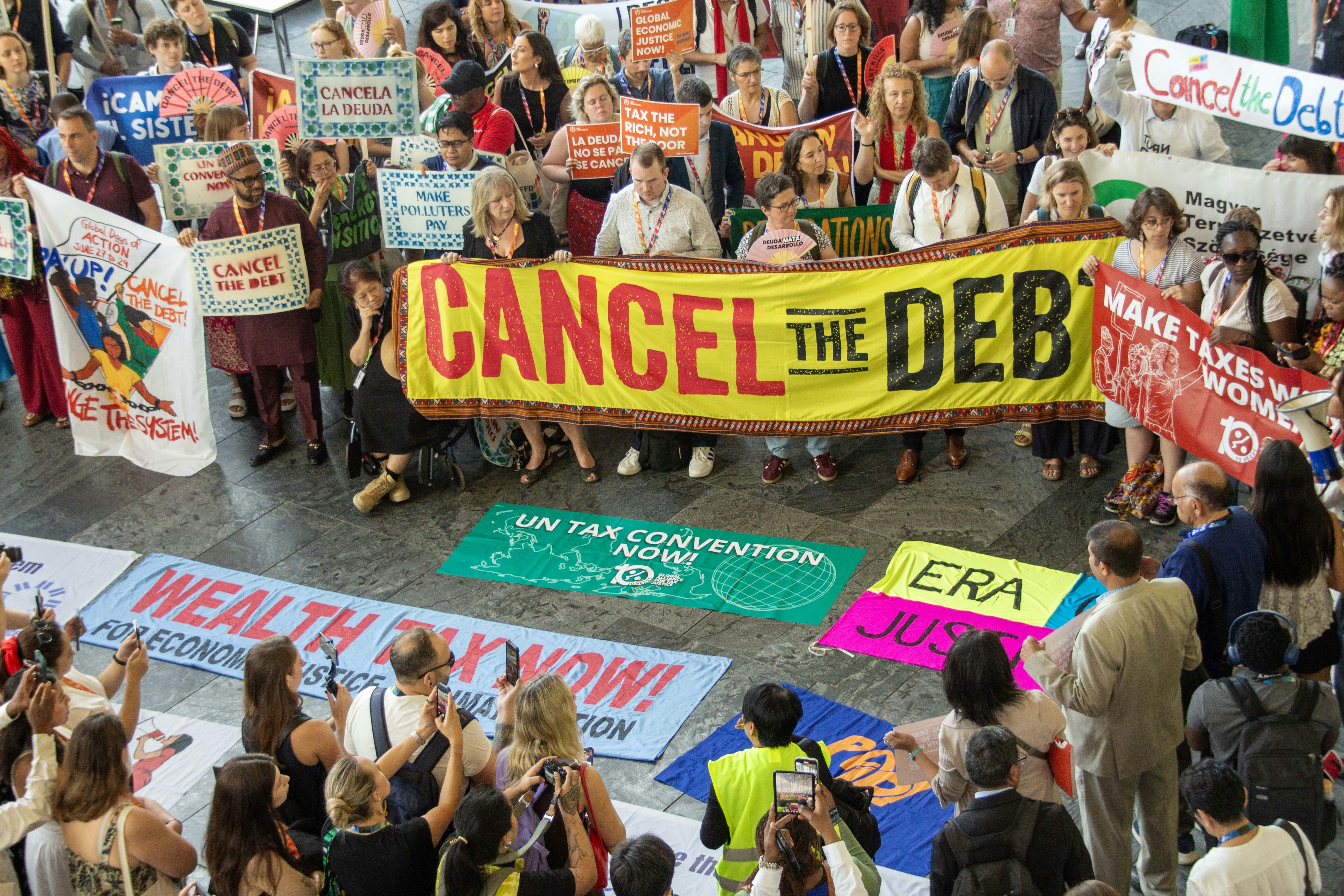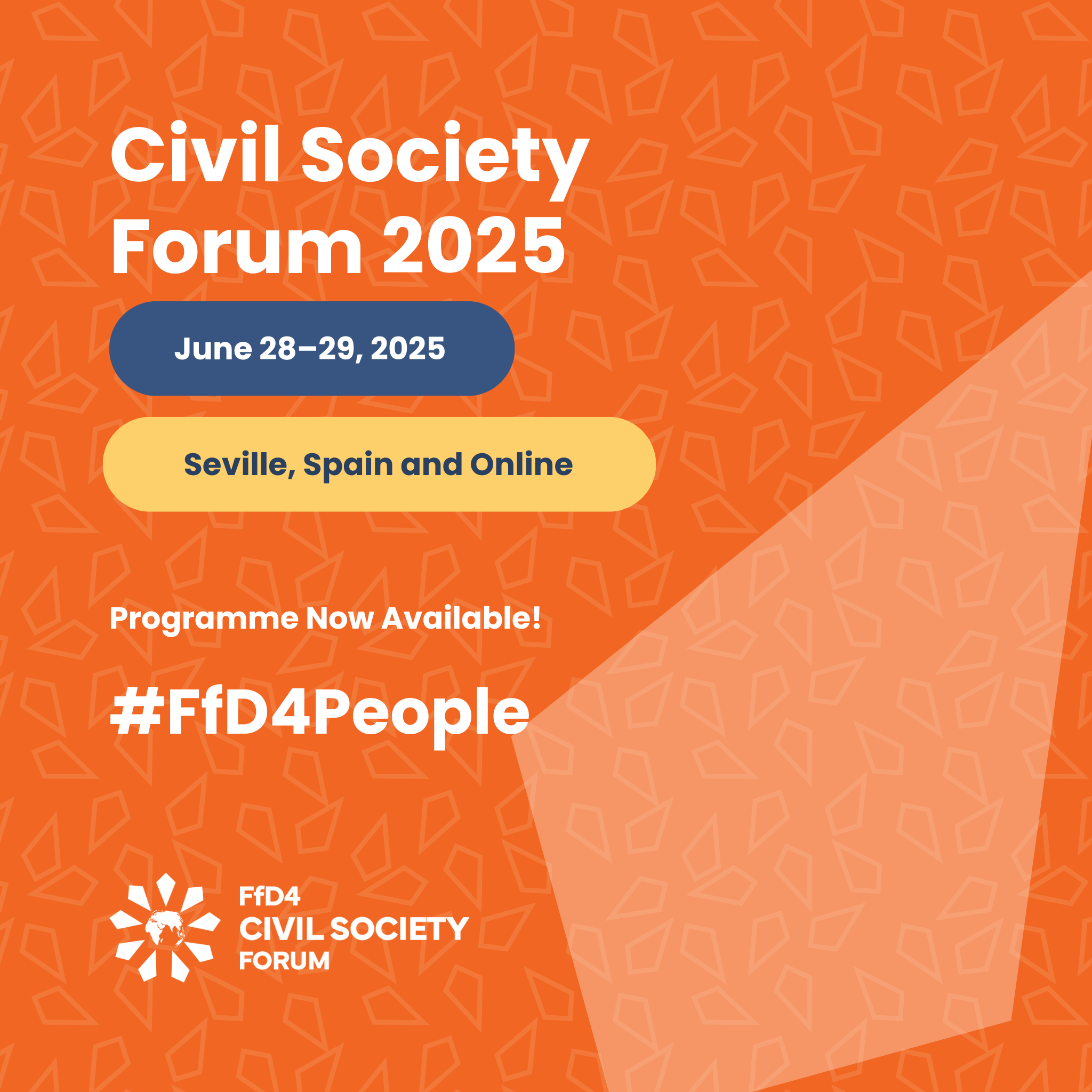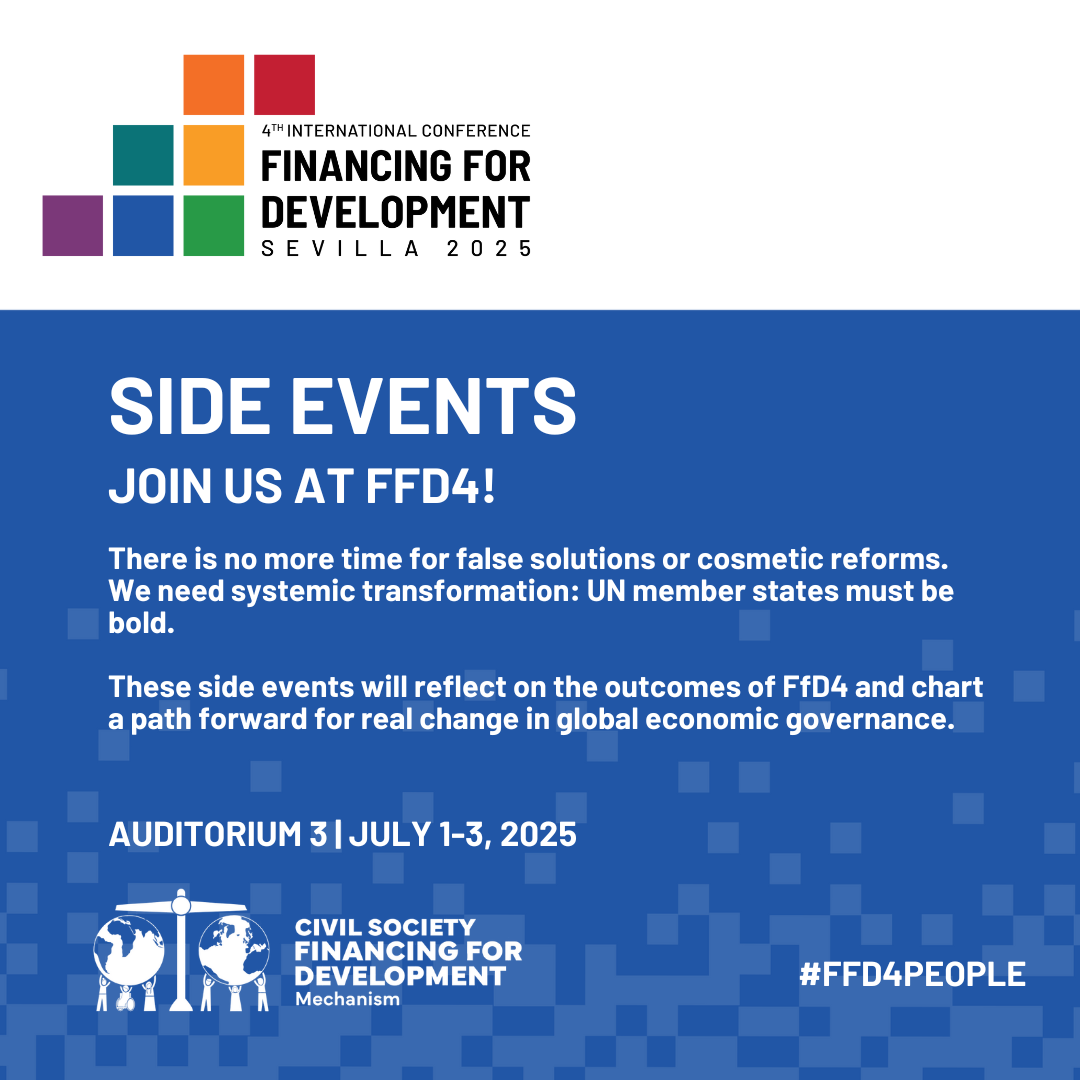
Conflict of Interest: Corporations lead UN promotion of controversial PPPs
Representatives from companies with a history of mismanagement of public contracts and renowned tax-dodging practices will meet in Geneva this week to lobby for business-friendly UN standards on Public- Private Partnerships. The UN Economic Commission for Europe is currently meeting to establish International Standards on PPPs. PPPs, which rarely fail to deliver in the public interest, are essentially long-term contracts, underwritten by government guarantees, under which the private sector builds and/or runs public services or infrastructure.
The UNECE "Roster of PPP Experts", set up to advise on the standards-setting process, consists of mostly private-sector representatives, many of whom stand to financially benefit from an extension of PPPs globally. Over 30 of these Experts represent companies which have been named in the Offshore Leaks (Panama Papers, Paradise Papers, Bahamas Leaks).
Among the more controversial representatives are from Serco, an embattled outsourcing and private detention corporation whose consistent poor standards and human rights controversies have led to a range of cancelled contracts around the world. Serco’s use of offshore holding companies in tax havens was also revealed in the Paradise Papers. Appleby, the offshore law firm at the heart of the scandal, considered Serco a “high-risk client” because of their “history of problems, failures, fatal errors and overcharging.”
The roster also includes representatives from accounting firms including PricewaterhouseCoopers, the firm at the heart of the Luxleaks scandal, which revealed how PwC negotiated sweetheart tax deals in Luxembourg, enabling over three hundred corporations to avoid millions in taxes. PwC has been described by one UK Parliament Committee as “promoting tax avoidance on an industrial scale.” Firms like PwC directly profit from the accounting and legal frameworks which PPP contracts require and have been found to give overly positive assessments of PPPs by many auditors.
Public Services International General Secretary, Rosa Pavanelli, said: “It is outrageous that the very corporations whose actions deprive us of funding needed for public services are now lobbying the UN for further privatisation. Why on earth are companies whose PPPs have consistently failed, to the detriment of the taxpayer and public service-users, now invited to the UN to help write global standards?”
The UNECE process has been criticised by civil society organisations and unions. Many UNECE member states openly promote PPPs and privatisation for developing countries, in the interests of their own corporations, despite failures at home. UN Special Rapporteur Philip Alston, who will address the meeting, described the UNECE’s promotion of so-called ‘People-first PPPs’ as “ impossibly optimistic, given that few, if any, profit seeking corporations see the provision of social justice and accessible essential services for all without any restriction to be their role or goal.”
Pavanelli said: “Instead of promoting the failed privatisation agenda, the UN should be working to stop corporate tax evasion and avoidance. There is more than enough funding for publicly-owned services and infrastructure - but it’s being diverted from our schools and hospitals and siphoned into offshore tax havens.”
Note to editors
For a more in depth analysis of the corporate interests helping to write UNECE PPP standards, see PSI’s full briefing here:
Philip Alston, UN Special Rapporteur on Extreme Poverty and Human Rights, who last month released a highly critical report on privatisation and PPPs, is in the agenda to deliver the Keynote Speech at the UNECE Meeting at 15h, Wednesday 21st November at UN alais des Nations, Room 12.
Contact person Leo Hyde, Communications Team, Public Services International leo.hyde@world-psi.org | +33770059557
About Public Services International: PSI is a global trade union federation representing 20 million working women and men who deliver vital public services in 163 countries. PSI champions human rights, advocates for social justice and promotes universal access to quality public services. PSI works with the United Nations system and in partnership with labour, civil society and other organisations.
- For more information on the campaign against the promotion of PPPs as a development tool, see https://tinyurl.com/yd8q7pmm
- Web story: www.world-psi.org/en/corporations-lead-un-promotion-controversial-ppps
- Briefing: http://www.world-psi.org/sites/default/files/attachment/news/briefing_note_-_conflict_of_interest_-_corporations_writing_un_ppp_standards.pdf
Related Updates


